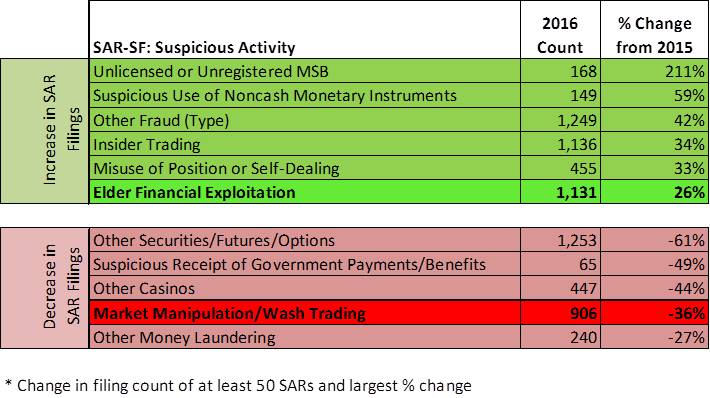DSA analyzed the potential impact of the recent Florida Supreme Court ruling that Florida’s statute of limitations can apply to securities arbitration cases between investors and their brokers. Key Findings:
- 1 in 5 Customer v. Member Firm arbitrations occur in Florida
- Time limits may preclude ’08 – ’09 market losses from damage calculations
The opinion found that Florida law imposes a four-year deadline to file a negligence case, and a two-year deadline to bring a claim under Florida’s securities fraud law. The case was argued by George Guerra of Wiand Guerra King on behalf of Raymond James. See the Reuters article here.

Florida also hosted 12.78% of Employee v. Member Firm, 10.6% of Member Firm v. Employee and 9.0% of Member Firm v. Member Firm cases.*
“For wrongful conduct involving an entire account, net-out-of-pocket losses are calculated by taking the beginning accountvalue plus money and securities deposited, minus money and securities withdrawn, less account value on the relevant date.”
Potential Long-Term Implications:
- Customers may file claims sooner instead of taking a “wait & see” approach to determine if account bounces back
- Florida “snowbirds” may file claims in other states to avoid statute of limitations
* Only cases with complete data necessary for analysis were included




